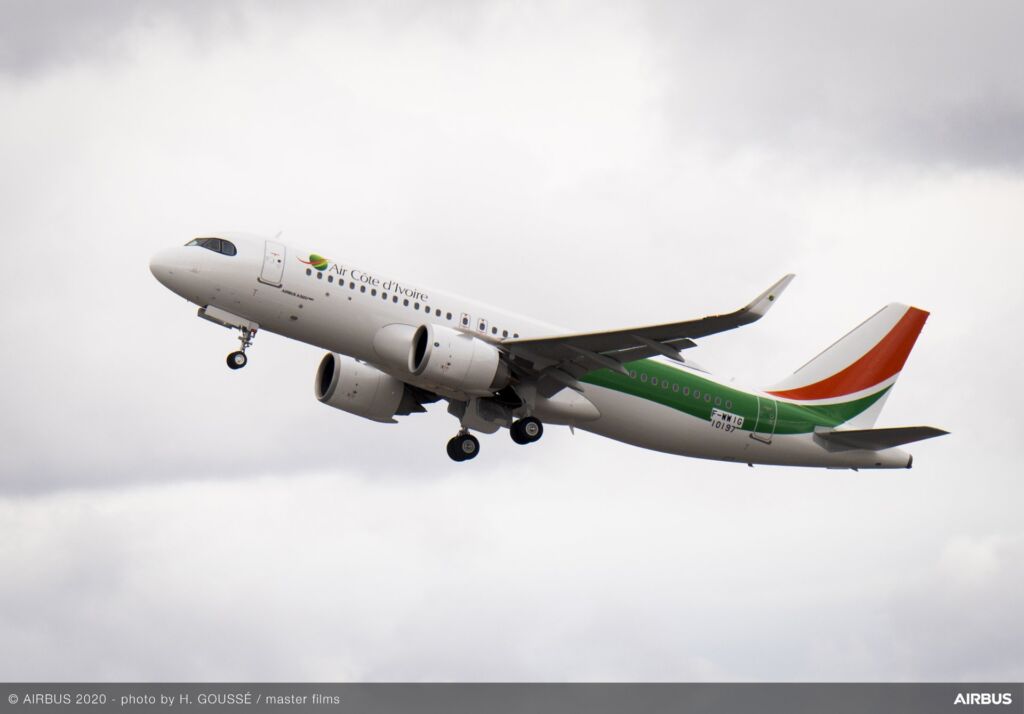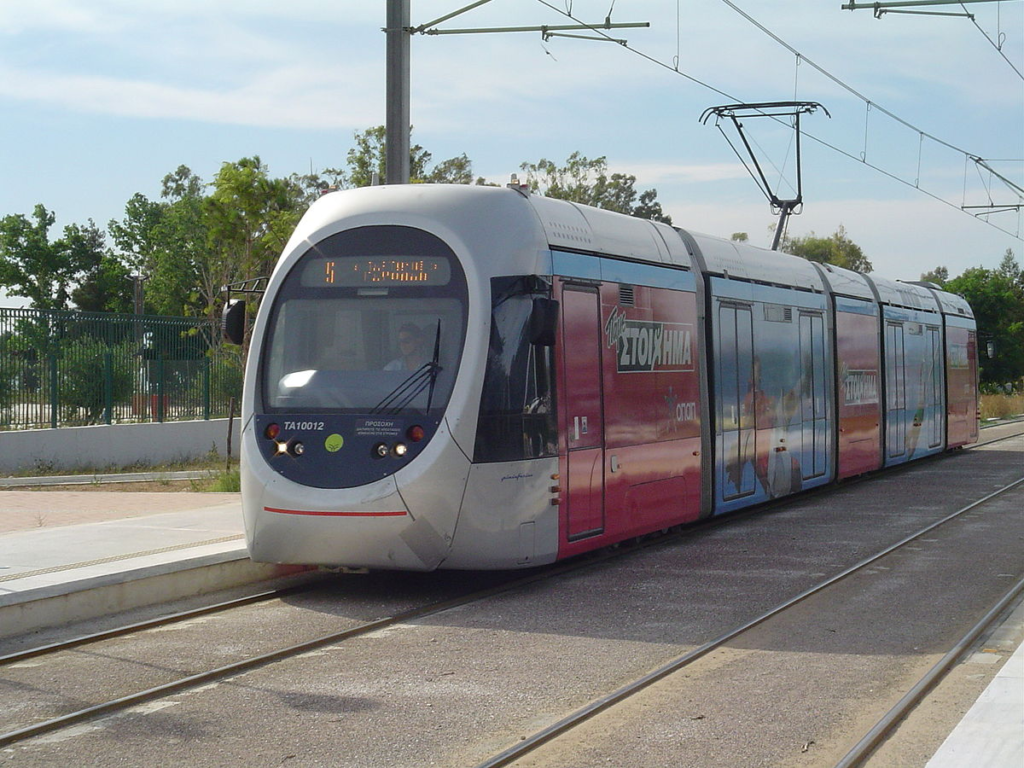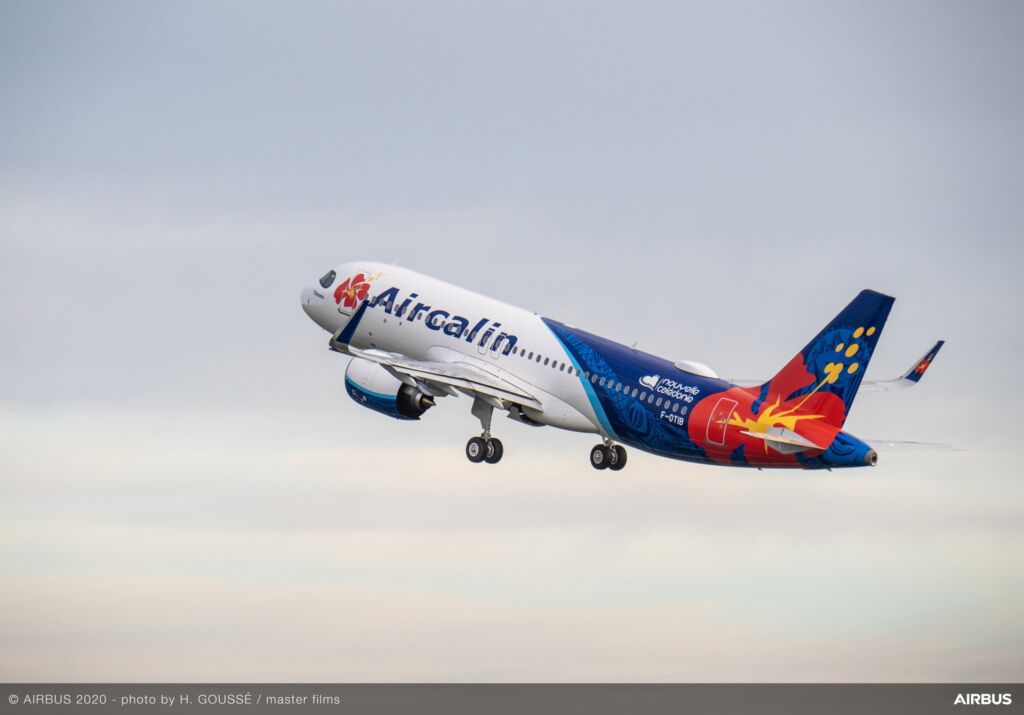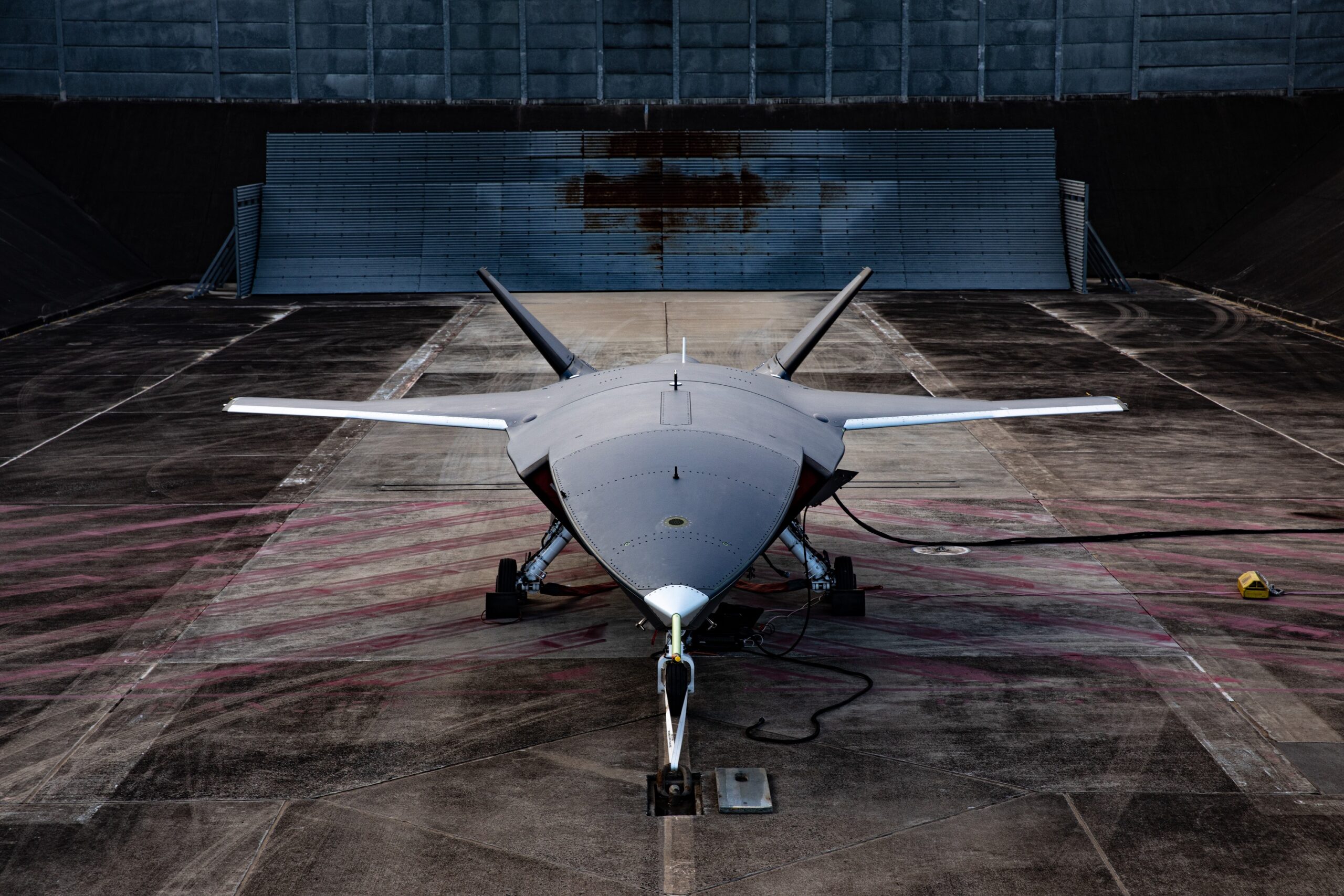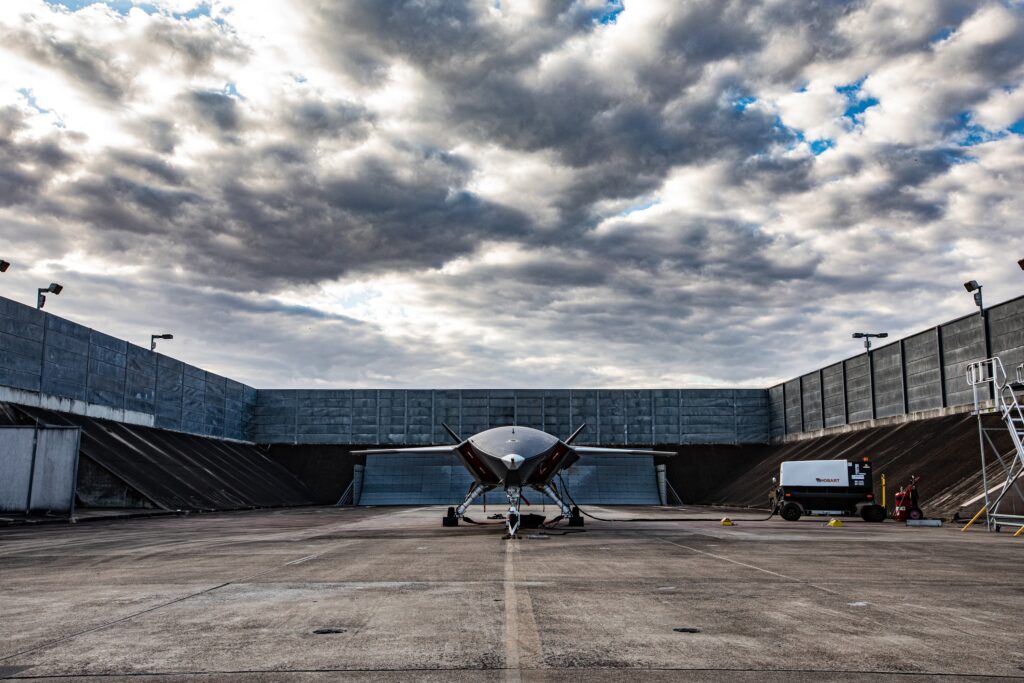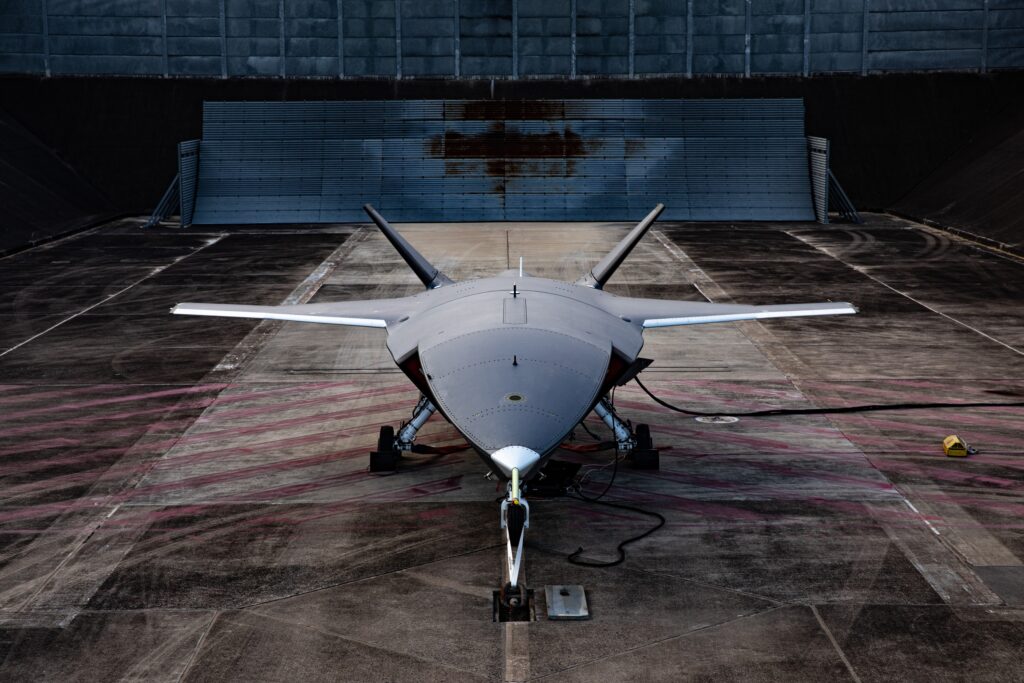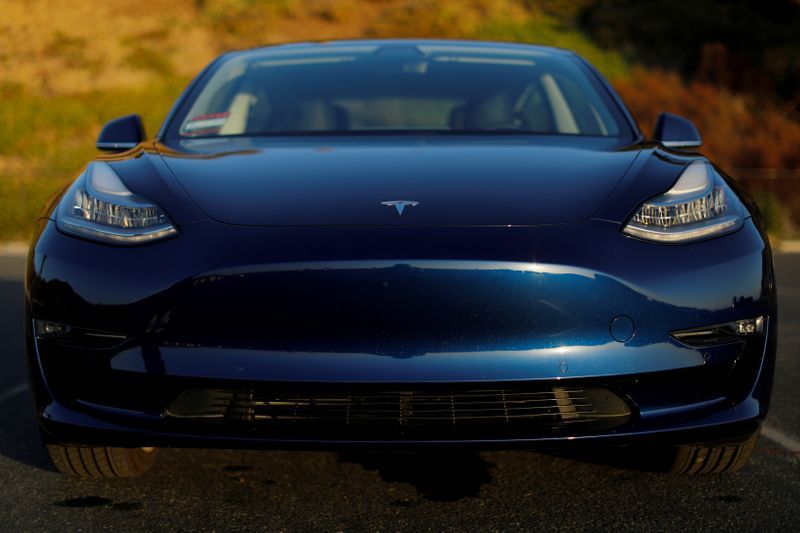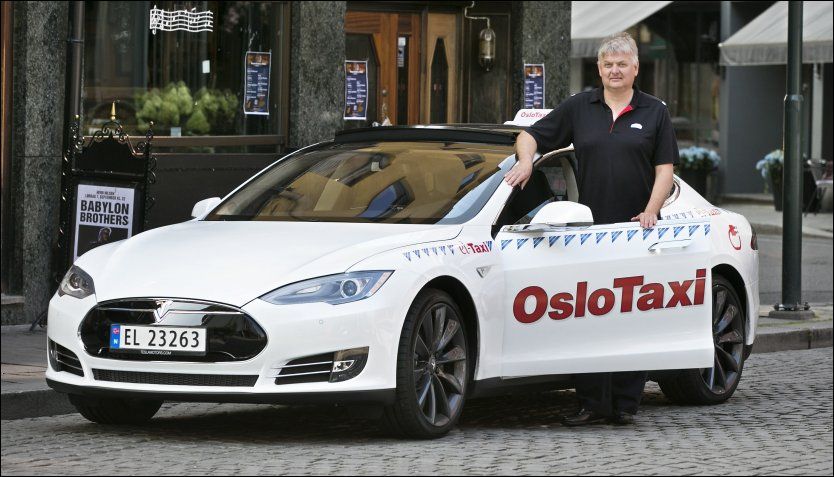Toulouse, 18 February 2021 – Air Côte d’Ivoire, Ivory Coast’s flagship carrier based in Abidjan, has taken delivery of its first A320neo, becoming the first operator of the type in the West-African region. This latest generation aircraft will join Air Côte d’Ivoire’s existing Airbus fleet of six aircraft.
With improved levels of efficiency, this new aircraft will be deployed on Air Côte d’Ivoire’s regional network to serve Senegal, Gabon, and Cameroon. Destinations like South Africa will be added at a later stage, highlighting the operational flexibility of the A320neo. Powered by CFM International LEAP-1A engines, the aircraft is configured in a comfortable two-class layout with 16 seats in Business and 132 seats in Economy Class. Passengers will benefit from the widest cabin of any single-aisle aircraft, high-speed Internet connectivity and latest generation in-flight entertainment system.
Air Cote d’Ivoire’s first A320neo took off from Toulouse carrying 1 tonne of humanitarian goods including medical equipment and toys. In partnership with Aviation sans Frontières and the Airbus Foundation, the mission is part of Air Côte d’Ivoire’s corporate social responsibility initiative. The transported goods will serve local NGOs in Abidjan, thus supporting the education and health sector in the country.
Air Cote d’Ivoire has a fleet of 10 aircraft, including three A319s and three A320s, serving 25 domestic and regional destinations in West and Central Africa.
The A320neo Family incorporates the very latest technologies including new generation engines, Sharklets and aerodynamics, which together deliver 20% in fuel savings and CO2 reduction. The A320neo Family has won 7,450 orders from nearly 120 customers.
